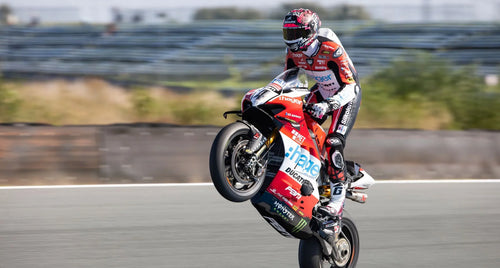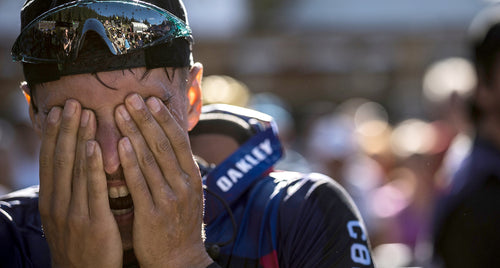‘Marginal Gains’ is a buzzword often heard around in cycling world and has been hotly tipped by the press as the secret weapon in the arsenal of both British Cycling and Team Sky.
Since its inception, riders for these teams have become a ‘tour de force’ in almost every major competition, dominating the medals table at the London and Rio Olympics and winning multiple Grand Tours.
You might ask what is ‘marginal gains’? The concept has its roots in the Japanese word ‘kaizen’, meaning to change for the better no matter how big or small. Its adoption by sports scientists involves examining every aspect of a rider’s performance and lifestyle on and off the track, from their physiology, nutrition, performance and race strategy.
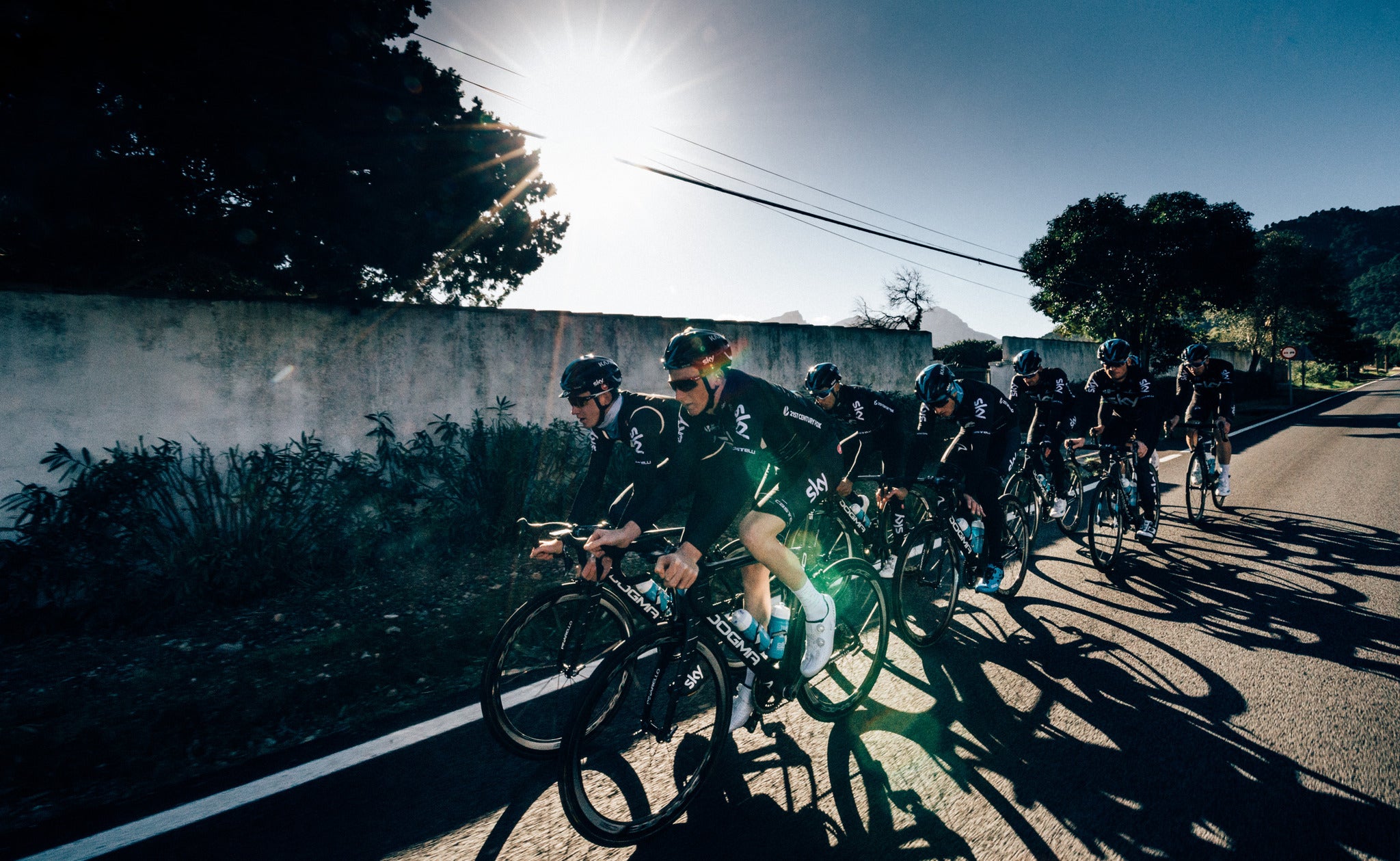
Dave Brailsford, upon joining British cycling back in 2003, faced an uphill battle. Team GB had been without a gold medal for nearly seven decades. Brailsford had been a great subscriber of the theory for many years and quickly incorporated it into the team’s training program.
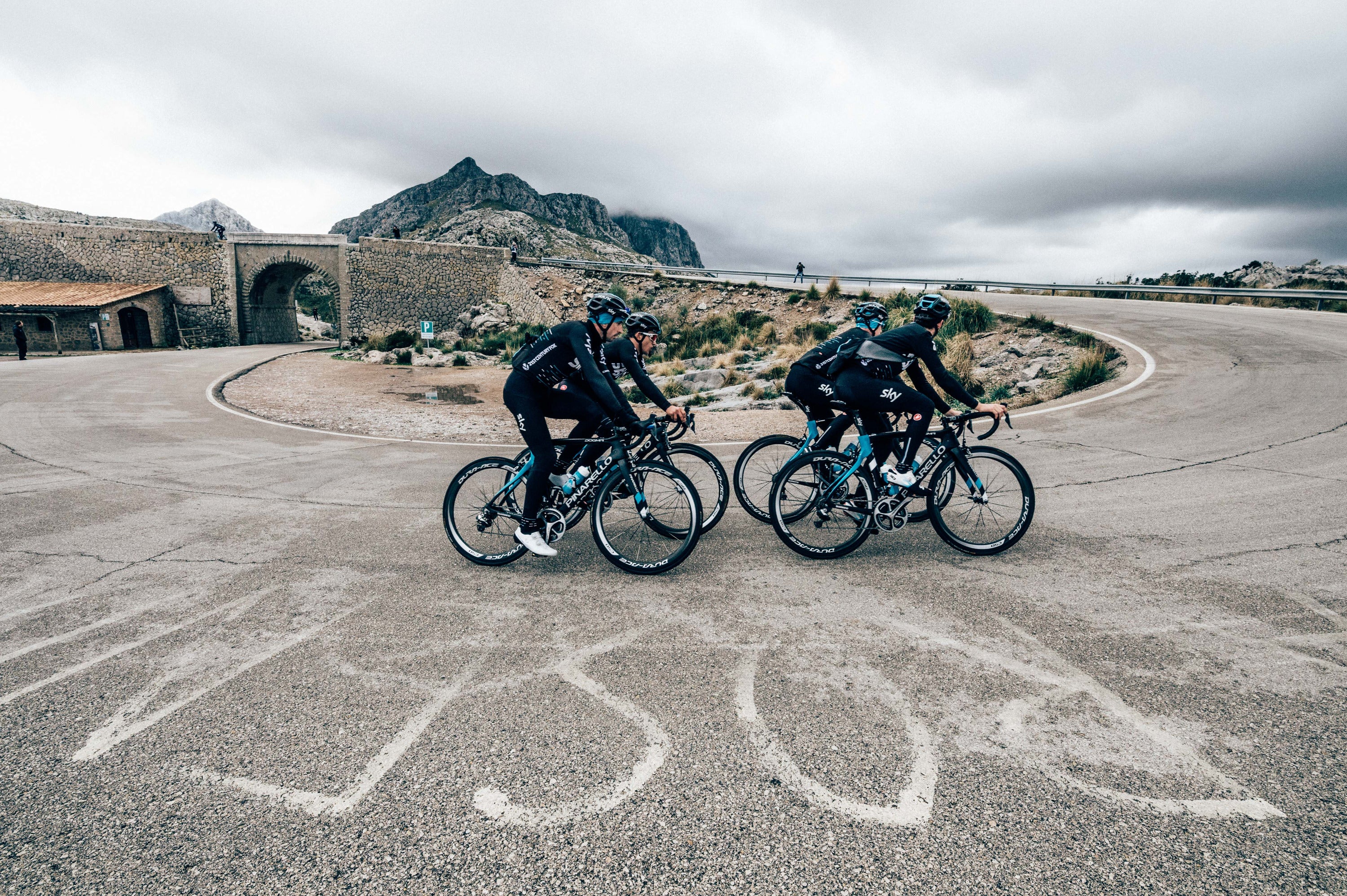
Athletes often become over focused on making big changes or radical improvements’, which in turn lead to major performance boosts. Brailsford and others instead flipped this on its head, by making small minor improvements, sometimes referred to as 1% improvements. Brailsford and his team believed this would stack up to see major results on the track.
A good analogy often cited in the cycling world is that marginal gains involved focusing on the peas, not the steak.
Through an aggregation of gains, races were broken down into components. It is no secret that British cycling has not been short of funding in recent years, but every pound is translated in improving the athlete’s performance.
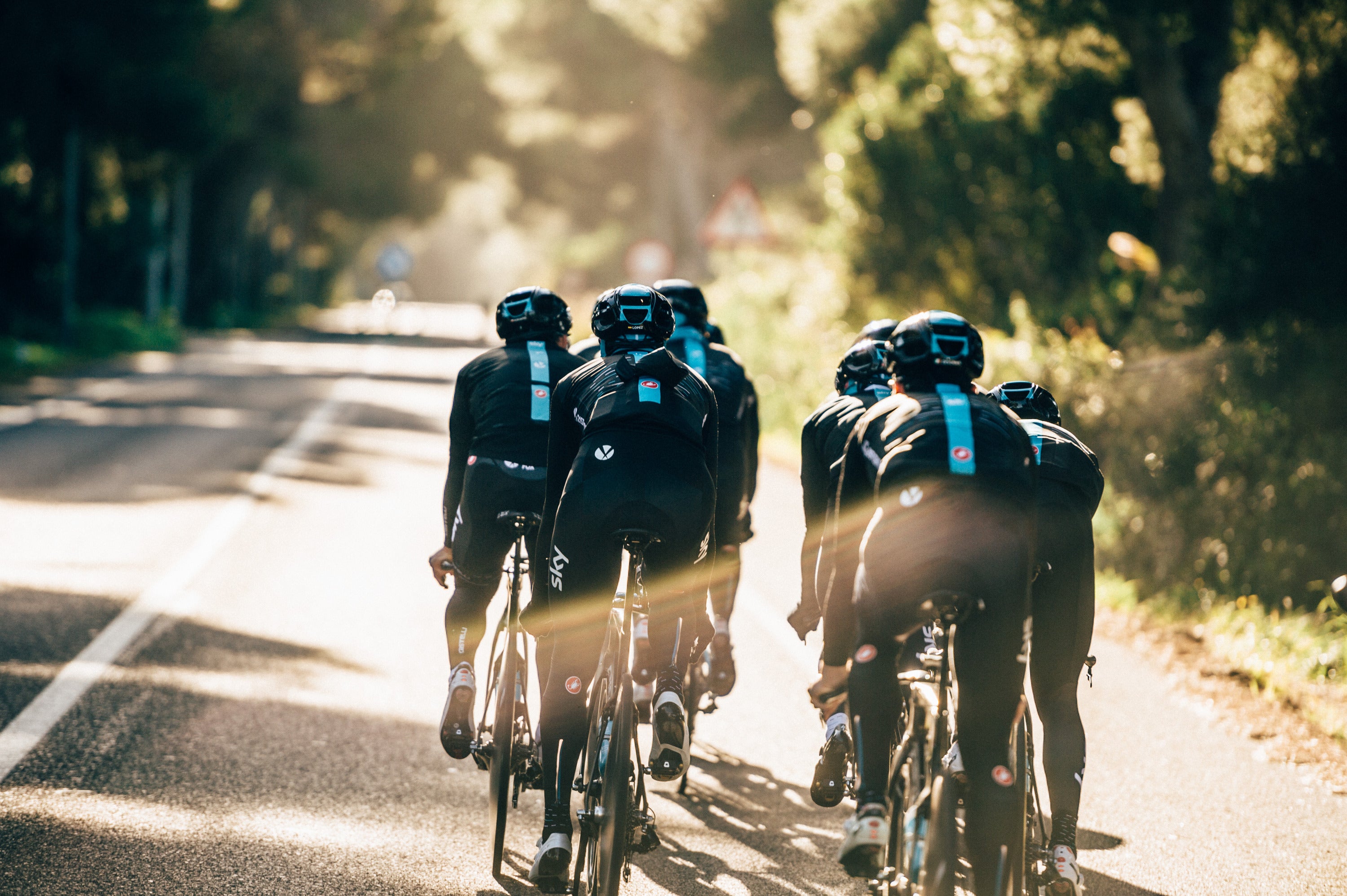
Reports from inside British cycling, saw athletes being asked to use hand sanitizers to reduce infections and illness, sleep on more comfortable and ergonomic beds to increase recovery time and work closely with the development team at Muc-Off to develop the most efficient chain lubricants – something that continues to this day.
It is certainly possible for even the most amateur rider to adopt a marginal gains philosophy mind set in the way they conduct their training regime. Making better conscious decisions on a daily basis can reverse an aggregation of marginal losses through a series of bad decisions made.
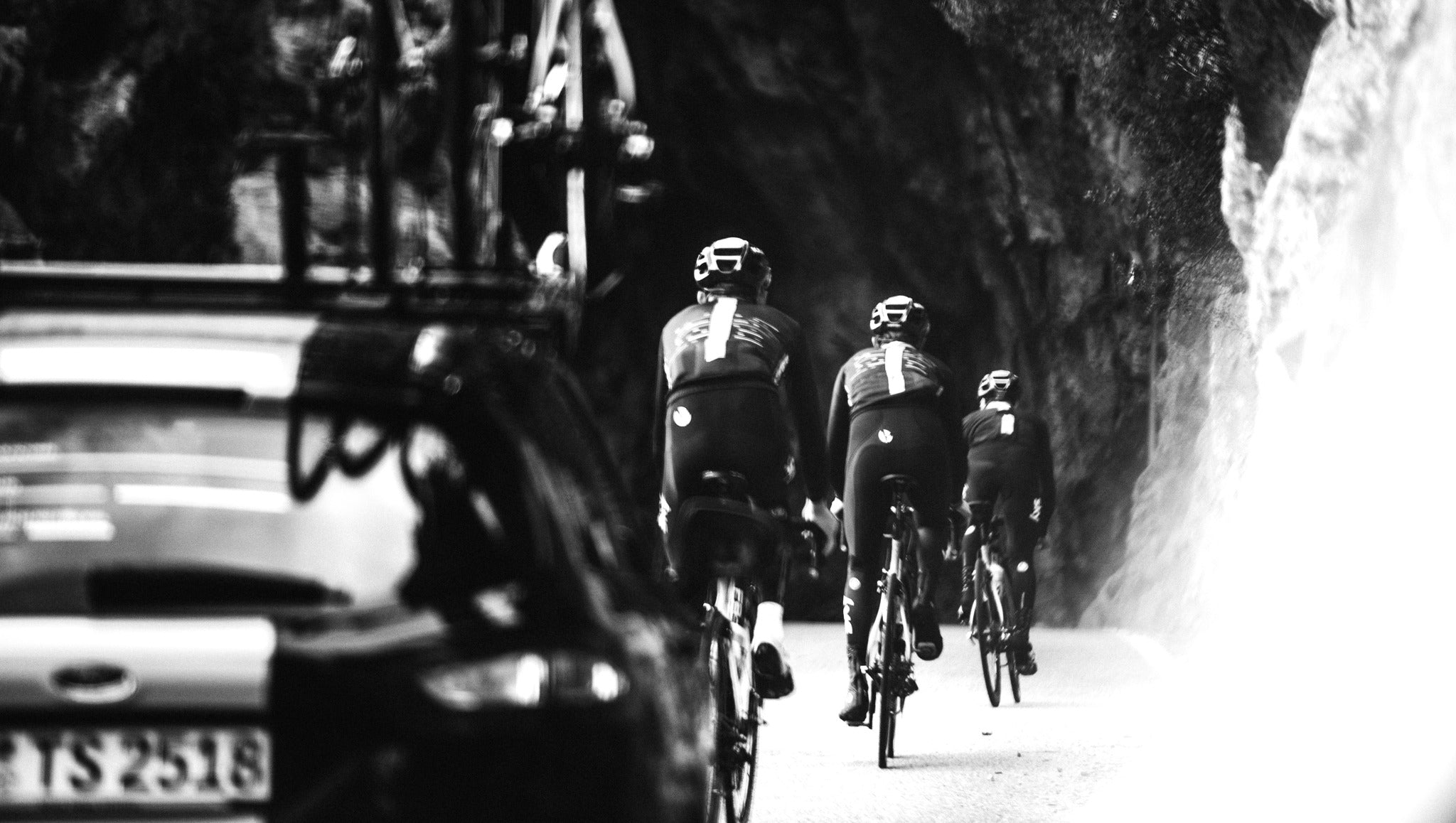






 Muc-Off UK
Muc-Off UK
 Muc-Off EU
Muc-Off EU
 Muc-Off US
Muc-Off US
 Deutsch
Deutsch
 Espanol
Espanol
 Francais
Francais
 Italiano
Italiano
 Nederlands
Nederlands
 Polski
Polski


